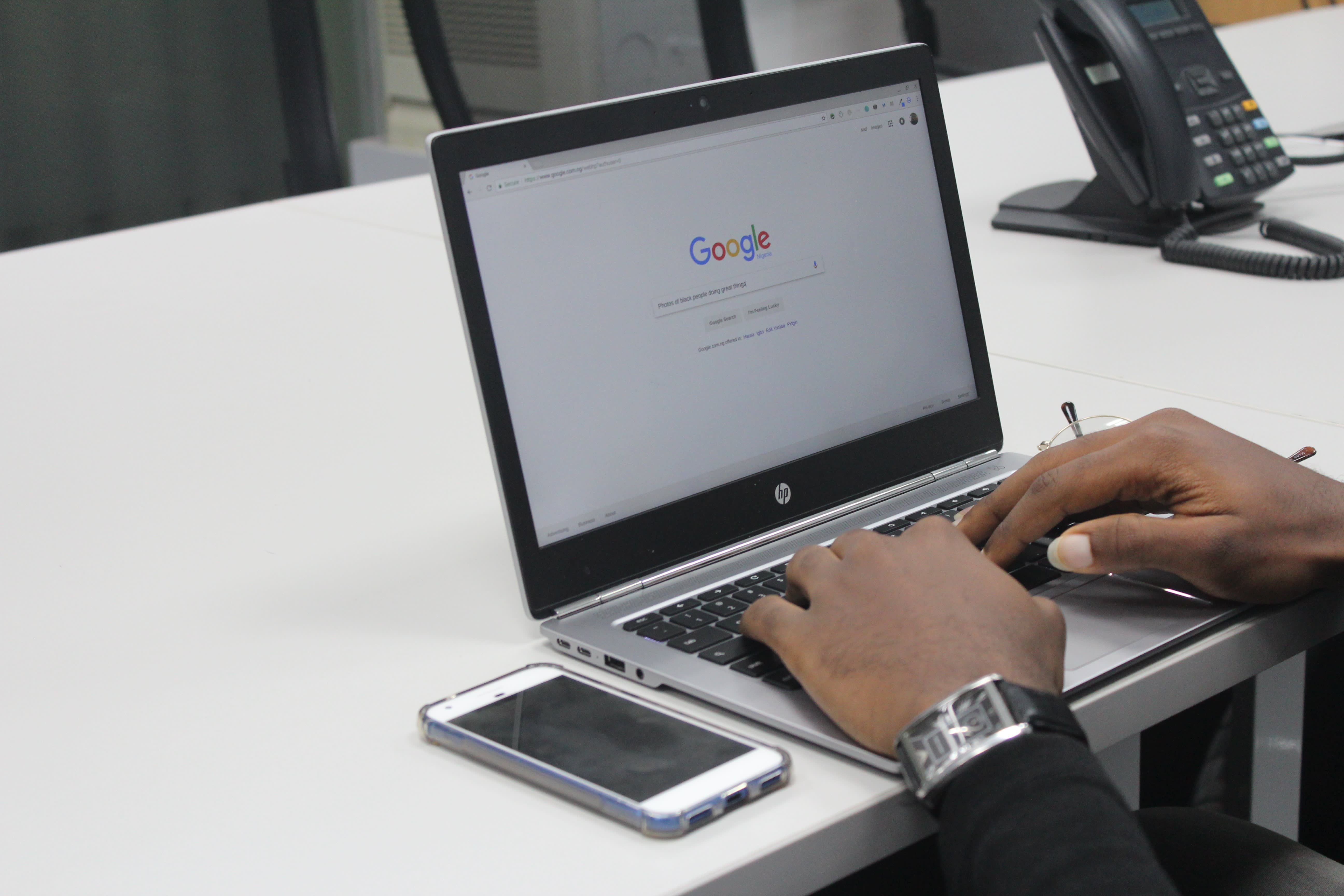How to Intern in France as Students or Graduates
Learn how to apply for internships in France as international students or graduates. Learn about visas, pay, and tips for doing an internship.
Jale
There’re many reasons to do an internship in France, whether it’s a requirement of completing your degree, to help with expenses, or to gain work experience. But before you start looking, you should prepare for the guidelines France has set for international students or graduates who want to intern.
With this guide, you’ll understand why many students intern in France, how much they earn, what documents are required, where and how long you can intern, and how to get an internship after your studies.
Reasons to intern in France

- You’ll gain work experience and increase your chances of getting hired after your studies.
- Put to work the theory and skills from your studies.
- Practice your French.
- Get to experience the work culture of France to decide if you want to work in France after your studies. After all, studying is one thing, working is another.
- Earn extra money to help with living expenses.
- Build a network.
Do I need a visa to intern in France?

All full-time non-EU students enrolled in French institutions can intern with a valid student visa even if their degree doesn’t require an internship. All you’ve to do is obtain a form called convention de stage from your university, which states that your university is aware you’re going to work as an intern in the host company.
Convention de stage is an agreement signed by the student, the home university, and the host organization for the internship.
Non-EU students who aren’t enrolled in French institutions can only do internships in France if it’s part of the training course in their country of residence or Interreg program (EU cooperation program). The internship must take place in a company or public hospital and must pay a minimum of €615 monthly. The visa requirements change depending on the duration of the internship.
- If the internship lasts only 3 months, you need to apply for a short-stay visa (tourist visa).
- If the internship exceeds 3 months, you must apply for a long-stay internship visa (internship VLS-TS). You must validate it online in the 3 months following your arrival in France.
Non-EU students who graduated from a French institution with at least with a bachelor’s degree (Licence Professionelle) can apply for a job seeker (carte de séjour) visa to stay in France to look for a job. You can apply within 4 years of your graduation from a French institution.
Some non-EU students from countries with migration flow agreements (Gabon, Benin, Tunisia, Mauritius, Cape Verde, Burkina Faso, Macedonia, Montenegro, Serbia, India) don’t require a job seeker visa. They can simply stay to look for a job with a temporary resident permit called APS (autorisation provisoire de séjour).
There’re some differences between APS and job seeker visas. The main one is that the APS application is free, while for job seeker visa holders with a bachelor’s and master’s degree pay €75 and those with Ph.D. pay €225. The second difference is the duration. Depending on your country of origin, you can renew APS multiple times, while the job seeker is only valid for 12 months and isn’t renewable.
On the other hand, students or graduates from EU or EEA countries don’t need to do anything to stay and work in France.
What type of internships can I do in France?

You can do 2 types of internships in France.
1) Internship as a requirement for completion of your degree 2) Extracurricular internship for graduates.
1. Internship as a requirement for completing a degree
Also commonly referred to as the end of studies internship in France.
- It needs to match your academic field.
- It’ll contribute to your grades (ECTS).
- Typically lasts 2 to 6 months.
- Can’t exceed 6 months per year.
- You’ll need the internship agreement convention de stage signed by you, the host company, and your educational institution.
- Working hours aren’t deducted from 964 hours of permitted work per year.
- You’ll write a report (rapport de stage) explaining your time and tasks.
2. Extracurricular internship for graduates
- Must be within 4 years of graduation.
- The internship needs to be in your academic field.
- Typically lasts 6 to 12 months.
How much do internships pay in France?

In France, interns aren’t officially employees of the company. So technically, they don't earn a salary but an internship gratuity for their work.
You’ll only get paid if your internship lasts more than 2 months or 309 hours during the same academic year. Then you’ll earn €3.90 per hour; so depending on the number of working days, expect to earn between €573.30 and €627.90. You can calculate your approximate salary in this online salary calculator.
If you’re entitled to this pay, you’ll also receive other benefits the company offers to its employees such as restaurant tickets, gym discounts, as well as compensation for public transport costs, 50% reimbursed on presentation of proof.
Remember that this amount isn’t enough to support yourself in France fully. But since the cost of living is high in French cities like Paris, you can use this money to help you with your budget.
Do you pay an income tax in France as an intern?
Since interns don’t count as official employees and don’t earn a salary, they don’t have to pay income tax or contribute to social security. You’ll only need to pay tax if you earn above the annual minimum wage, which is €20,147.40 gross in 2022.
But this doesn’t mean you don’t need to file a tax return at the end of the year. By filing income tax, you can benefit from qualifying for benefits such as housing benefits and prevent being subject to default withholding tax rates and paying a tax that you don’t owe.
How to find an internship in France?

There’re many ways you can find internships in France. The most common ways are through:
- University career centers and job fairs
- Job websites such as LinkedIn, Indeed, and Glassdoor
- French employment center
- Self-application directly through the company’s website
- Word-of-mouth/networking
- Social media platforms like Facebook (be careful of frauds, don’t send any official information until you’re sure they’re legit.)
- From alum networks for international students like France Alumni.
What documents do you need to intern in France?
The documents you must provide will vary depending on whether you’re a student in France, in a foreign institution, or a recent graduate. Keep in mind that all the documents must be either in French or translated into French.
- Original and copy of your passport
- 3 Passport-sized photographs
- French student visa or graduation certificate proving that you graduated within the last 4 years at the time of application.
- Agreement signed by you, your university, and the host company
- Internship contract
- A criminal record certificate
- Proof of health insurance
- Proof of accommodation in France
- French Tax ID for paid internships
- For graduates and student interns outside of France: proof of financial means for the internship duration.
- Visa application fee for non-EU students:
1) For graduates of French institutions - €75
2) Researchers - €225 3) Student interns outside of France - €99
Do I need to know French to intern in France?
Knowing French is essential in France to break the language barrier. Yes, the majority of the companies in France require verbal and written communication skills in French and English.
But you can also look for international companies and start-ups to find English-speaking internships, especially in big cities like Paris and Lyon. It’ll be difficult but not impossible.
The best French cities to intern in France

Many international and national companies have their headquarters in big cities like Paris, Lyon, and Marseille. So you’ll have an easier time finding internships in these cities. Especially in Paris, there’re some options for English-speaking internships. These cities are also the best French cities to live in, considering the quality of life, internationality, and safety.
If you’re planning to intern in these cities, consider that accommodation costs are costly, especially in Paris and Lyon. Expect to pay €789 for a furnished private room in Paris and €600 in Lyon.
Opening a bank account in France
If you found an internship in France and you’ll get paid, then make sure you open a French bank account to receive your salary.
Please reach out to content@housinganywhere.com if you have any suggestions or inquiries about the content on this page.
Related articles
In this article
Reasons to intern in France
Do I need a visa to intern in France?
What type of internships can I do in France?
How much do internships pay in France?
How to find an internship in France?
What documents do you need to intern in France?
Do I need to know French to intern in France?
The best French cities to intern in France
Opening a bank account in France
Moving to France?
Find accommodation in cities across France. Book the place of your dreams from verified landlords even before relocating!
Start my Search

